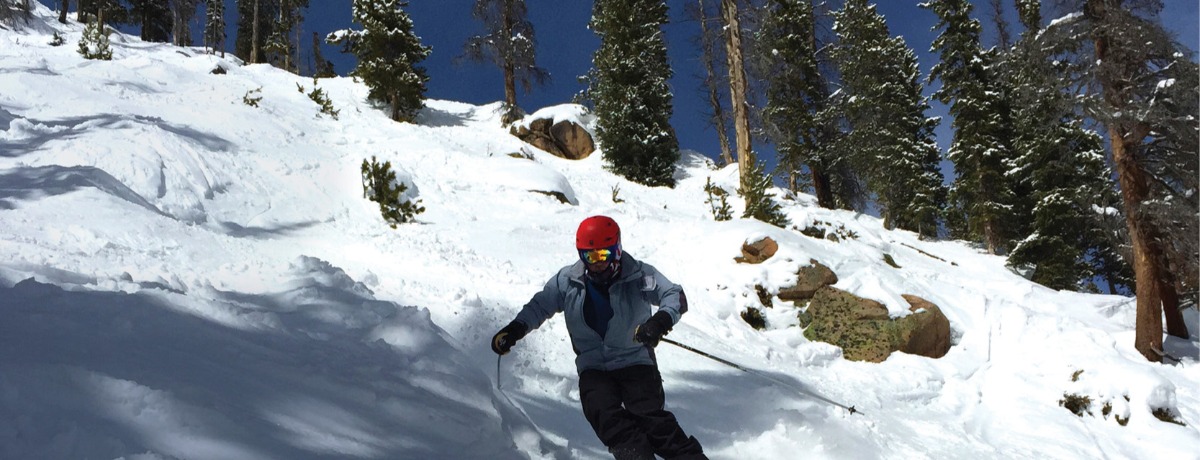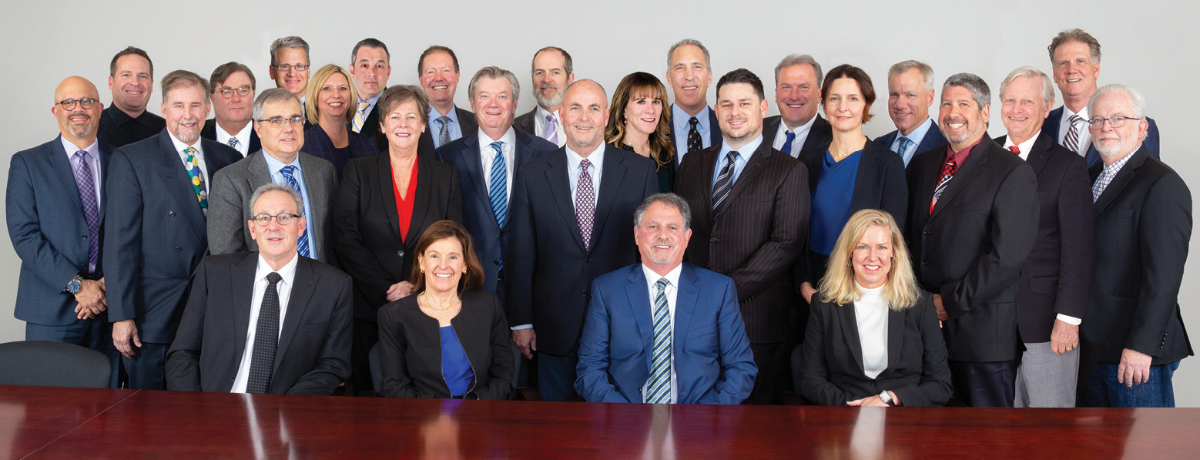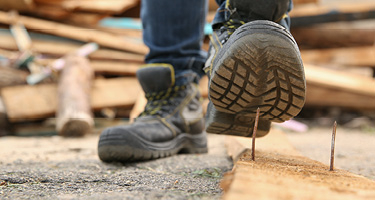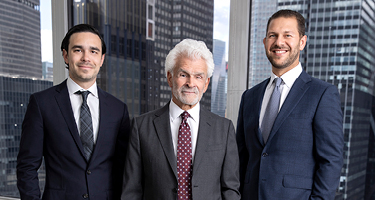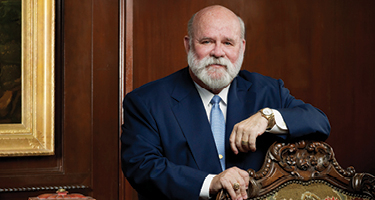Until recently, ski area accident claims in Colorado were brought under the Ski Safety Act (SSA). But over the past year, both state and federal court rulings have found an intersection between the SSA and the Premises Liability Act (PLA). This development, plus the ubiquitous use of waivers, blurs the liability for ski accident negligence once clearly defined under the SSA.
The PLA protects landowners and defines when liability will be imposed. The statute provides the exclusive remedy against a landowner for injuries sustained on the landowner’s property.
The SSA establishes reasonable safety standards and responsibilities of ski area operators and skiers. Violating the SSA duties “shall… constitute negligence” by the ski area operator. In prior cases, the SSA was held to establish statutory duties which could not be negated by a waiver.
When is a Ski Area Operator a Landowner?
A skier at Keystone Resort, a Vail Resorts property, was a passenger on a chairlift. When unloading she encountered other skiers who had fallen, creating a pileup. On a motion to dismiss, the court held the SSA controls over the PLA when the ski area operator is alleged to have violated a duty of the SSA, but the PLA controls if the claim does not involve a breach of a duty imposed by the SSA and the alleged duty does not arise from an inherent risk of skiing. A plaintiff may therefore have a claim under the PLA or the SSA, but not both. Pakis v. Vail Summit Resorts, Inc., 2018CV30010 (Summit Dist. Ct.) (July 3, 2018)
Ski Area Operators and Exculpatory Clauses
Two ski cases in federal court resulted in appellate decisions upholding waivers to bar the claims. In Raup v. Vail Summit Resorts, Inc., ____ Fed. Appx. ____ (10th Cir. 2018); 2018WL2110726, the court analyzed the case of a passenger injured on a chairlift in summer under the PLA. The court held that the unsigned exculpatory agreement printed on back of lift ticket was valid. The court further held that because the PLA does not expressly preclude waivers, a waiver is not void as contrary to the public policy expressed in the PLA.
A skier was injured while unloading from a chairlift and filed a claim under the SSA. Brigance v. Vail Summit Resorts, Inc., 883 F.3d 1243 (10th Cir. 2018). The court held the exculpatory agreement was valid. Considering public policy concerns, the court held that the SSA essentially preserves common law negligence claims in certain instances, and common law negligence claims may be waived.
In Mitchell v. Vail Summit Resorts, Inc., 2017CV30022 (Summit Dist. Ct.) (March 6, 2018), a skier was injured on a chairlift in winter. The state court, citing Brigance and following its analysis, held that the exculpatory clause printed on the lift ticket was valid.
But in a case brought by parents of skier killed by an in-bounds avalanche, Ingalls et al. v. The Vail Corp., 2015CV15 (Eagle Dist. Ct.) (June 8, 2018), the court disagreed with the analysis in Brigance and held that the Ski Safety Act does articulate public policy regarding the duties imposed on a ski area operator, and therefore those duties cannot be modified by private agreement.
Looking forward, snow sports enthusiasts should assume that the waiver language encountered at ski resorts will likely be enforced, giving ski area operators even greater immunity than previously granted under the SSA.
